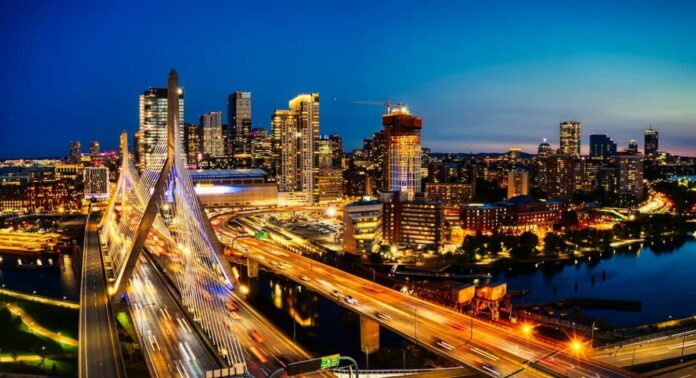
Massachusetts lawmakers held the first hearing on the online casino proposal on June 23, nearly three months after it was introduced.
The House and Senate companion bills, introduced on February 27, were reviewed by the Joint Committee on Consumer Protection and Professional Licensure during a public hearing.
As expected, the hearing brought familiar arguments on both sides, echoing those raised in other states debating similar legislation.
The online casino proposal includes 10 licenses, six of which are tied to the state’s three retail casinos, and four untethered licenses. The bills call for a 20% tax rate plus several responsible gambling and consumer safeguard provisions.
The committee did not vote on the matter. Still, the online casino bills have time as the Massachusetts legislative session does not adjourn until November 19.
Advocates for iGaming Highlight Economic and Consumer Benefits
Online casino proponents who testified included:
- David Prestwood from DraftKings
- James Hartmann from FanDuel
- John Pappas, representing the iGaming Development and Economic Association (iDEA)
- Zach Khan for the Sports Betting Alliance
Each advocate reiterated common pro-iGaming points. Those included the benefits of tax revenue and the curbing of illegal gambling, which continues to grow in the US. They highlighted that online gambling is already happening in the state, just illegally.
Prestwood estimated that the state could generate $230–$275 million in annual tax revenue based on a 20% tax rate. He also emphasized the many responsible gambling and consumer protection tools available at legal platforms that are lacking in offshore casinos.
Hartmann echoed Prestwood’s comments on consumer protection tools. He also gave an estimate that the annual illegal wagering in Massachusetts is around $7 billion.
Meanwhile, Khan addressed concerns of retail casino revenue cannibalization. He stated that the launch of online casinos adds 2% to the growth of land-based casinos. Additionally, iGaming creates more jobs.
Furthermore, Pappas argued that the state can even increase the number of licenses, citing Michigan’s 15 online casinos.
The Usual Opponents: Unions and Advocacy Groups
As expected, some didn’t share the positive sentiment regarding online casinos.
Jaimie McNeil of the Local 26 Hospitality Workers’ Union stated that legalizing iGaming would result in the loss of 862 casino gaming jobs and 2,786 support jobs. He emphasized that Local 26, which represents 12,000 hospitality workers, will oppose iGaming.
McNeil cited Atlantic City, where, between 2019 and 2024, iGaming revenue grew by 395%, while casino employment dropped by 17%, resulting in approximately 5,000 job losses.
Meanwhile, Mark Stewart, representing the National Association Against iGaming, projected a 15-30% revenue drop for land-based casinos with the legalization of iGaming.
Interestingly, representatives of the three Massachusetts casinos were not present. However, MGM (MGM Springfield) and PENN (Plainridge Park) would likely support online casinos, given that they operate online brands.
Wynn Resorts (Encore Boston Harbor) is likely to oppose, given that it abandoned its WynnBet online platform.












